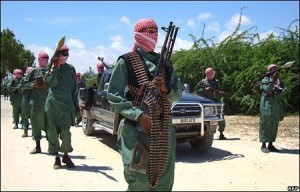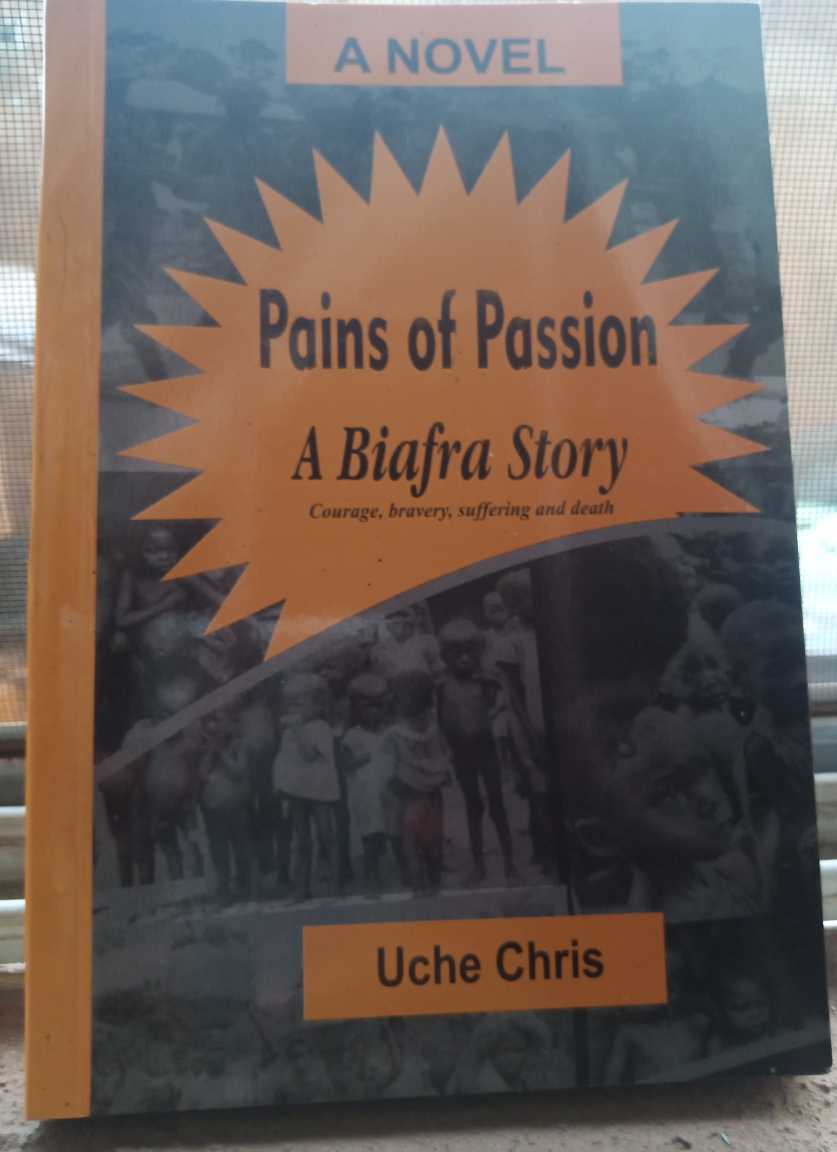Eye on Power
Nigeria: Signs of the end

Uche Chris
Happenings in Nigeria today are sad reminders to us of how things can go terribly wrong if we take them for granted; which unfortunately we had. Nigerians had for too long, in fact since 1914 assumed that all was well with the country the British coupled together and bequeathed to them; and made little constructive and honest attempts and efforts to reengineer and reconfigure the structural contraption on a fairly equitable basis to respond to the historical demands neglected by the British, and aware of the emerging political consciousness across the world.
Nigeria, and particularly its northern part, is gasping for breath as one in death throes, which figuratively, it actually is characteristic of its present experience; simply because it has run its full cycle and the time has come for its rebirth or death. Mark this: Nigeria is going through a historical stage that has only one outcome or the other: Restructure or die. What is going on in the country are signs of the end like a woman in a labour pang: she either delivers or dies. This point has to be emphasized so that those who have ears can hear.
Although we fought a civil war to keep the country one and united, the lessons inherent in and emanating from that ugly experience were woefully missed, as the winners practically lost their sense of purpose, empathy, equity and justice, and luxuriated in false glory, ethnic dominance and power. They played the ostrich and simply forgot the reasons for the war, forgetting the fact that injustice in any form is hardly forgiven and rarely goes away on its own; it has to be addressed and remedied one way or the other through intentional and sincere action.
Without learning the lessons of the civil war and redressing any perceived injustice, those factors and elements that caused the war were bound to resurface in the course of time, especially when deliberate attempts were instituted and enforced to perpetuate the injustices of the past, which further stoked resentment, frustration and angst among the disadvantaged groups. The lesson of history is that injustice always comes to an end, whether peacefully or by violence; no injustice lasts forever.
The on-going insurgency and banditry in the North west, home of the Fulani, is a clear indication that their political pretension to dominate Nigeria is simply building a castle in the air; it will not happen because their ‘Shadow’ or nemesis has already caught up with them. The Frankenstein monster they created, wittingly or otherwise, has left the bottle, and seeking vengeance on its creator. And the actions and words of some political leaders, such as Governor Bala Mohammed of Bauchi state, and his predecessor, Isah Yuguda, who blame others for the crisis, and even provide justification for it, are instructive.
Here is another lesson from our past that is evident in the emerging political conundrum that points to the inevitable destination of current events: Evil always consumes the evil doer. The evil doer will definitely, by acts of commission and omission, destroy himself; that is the law of nature espoused by all major religions. Because evil is self driven and desensitizes our humanity, and once we lose a sense of collective interest and justice, society has dug its own grave awaiting a decent burial.
Banditry and insurgency are twin sisters of the offspring of injustice imposed by the northern political leadership – civil and military – on Nigeria since the end of the war in 1970 to further their religious, ethnic and political agenda. Without really understanding the challenges arising from the structure handed to them by the British, and why it eventually snapped in 1966, they proceeded to fashion another structure in its own image to advance narrow interests based on a sense of narcissistic hubris.
Nigeria subsequently became a property of an ethnic segment rather than the entirety of the people, further alienating more and more groups and sections of the country. Although the Igbo were defeated, indeed conquered, in the war, attempts were made to militarily subdue other parts of the country, such as the South south, north central and even the South west, their main partner in the war, epitomized by the annulment of the June 12, 1993 presidential elections, won by M.K.O. Abiola, a Yoruba.
For almost 40 years, the northern elite held down the rest of the country, holding on to its political leadership, determining the political configuration of the country by itself, cornering its resources, and destroying opposing political leaderships in other parts through military coups, cooption and persecution. While they maintained a fairly stable and united leadership of both military and civil, they systematically decimated those of other regions to enhance their own advantage.
The strength of the northern political elite has been in plotting against the rest of Nigeria; but now for the first time, they face an existential challenge that is testing their collective leadership acumen and much vaunted unity.
Although the bandits are Fulani, their immediate target would be their people – the Fulani – who had enslaved them. Revolutionaries and freedom fighters or terrorists direct their anger to their immediate perceived enemies – in this case their leaders.
Before they get to others, they must first settle with the immediate enemy. The leadership of the country which incidentally has been controlled and dominated by the Fulani has been callous and indifferent to the demands and needs of others people including their own. They have been selfish, uncaring and indulgent, forgetting that there is always a day of reckoning, which sadly has come upon us.
So, they will have to settle with their bandits before they can conquer Nigeria, because they did not care for the bandits in their time of need; they too will not reciprocate in their hour of judgment. That is poetic justice. Any thought of using the bandits against the other parts of the country can only be temporary, as they cannot survive on a long term basis outside their immediate enclave, where they can operate seamlessly, especially with the growing awareness of the security implication of their presence.
Unfortunately, the Fulani political elite have not seen the dialectic of this problem and the repentant disposition it imposes on them. They are trying as usually to shift the blame and culpability to others, and pretend it will go go away. Sorry, it will not because power corrupts and absolute power corrupts absolutely. The bandits will not give up their present power – the gun – without an offer of power and its concomitant benefit – ransom money.
This is the biggest test for northern leaders: How to share power with the bandits. Fulani elite’s monopoly of power in the north is now being severely threatened. For better or worse, a new power centre has emerged and they have to share power with them. Even a military coup, which is potentially inevitable if the situation persists – which is usually their last resort – will not be helpful, because Boko Haram has demystified them and they no longer command the monopoly of violence.
This is the first sign of the end that is coming!
Uche Chris: [email protected]










